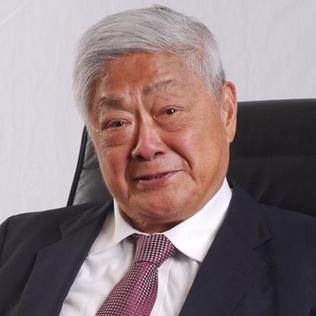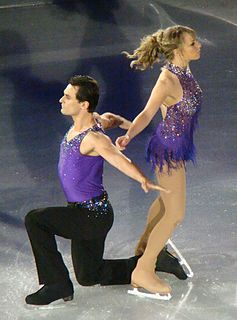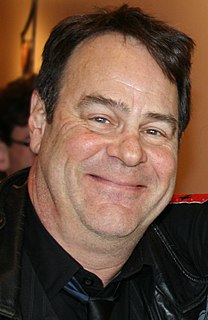A Quote by Anne Sexton
The family story tells, and it was told true,
of my great-grandfather who begat eight
genius children and bought twelve almost new
grand pianos. He left a considerable estate
when he died.
Related Quotes
I remember the words of my grandmother who died at 102. I remember my great mother, Grand Brika, who died at the age of 106. They talked to us all the time. And my grandmother even lied to me. She said there was royalty. She said that my great-great-great grandfather was the king of the outer Thembu.
Every family has a story that it tells itself, that it passes on to the children and grandchildren. The story grows over the years, mutates, some parts are sharpened, others dropped, and there is often debate about what really happened. But even with these different sides of the same story, there is still agreement that this is the family story. And in the absence of other narratives, it becomes the flagpole that the family hangs its identity from.
After my grandfather died I went down to the basement of my family house where my family kept books, anthologies and things and there was an anthology without any names attached to it and I read a poem called Spellbound and I somehow attached it to my grandfather's death and I thought my grandfather had written it.
Everything necessary to understand my grandfather lies between two stories: the story of the tiger’s wife, and the story of the deathless man. These stories run like secret rivers through all the other stories of his life – of my grandfather’s days in the army; his great love for my grandmother; the years he spent as a surgeon and a tyrant of the University. One, which I learned after his death, is the story of how my grandfather became a man; the other, which he told to me, is of how he became a child again.







































